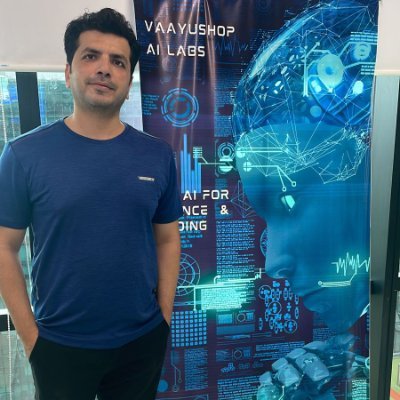@ycombinator Paul says this from his VC point of view, for him it makes only sense to invest into startup working on hard problems only, he makes 100 bets to get 2 winners, the rest just go bust, but as a founder, you gamble with less than 1% chance to win going after hard problems
@ycombinator hard problem for me right now is reading those squeezed blocks of text.
@ycombinator Teams that tackle impossible problems develop capabilities that can't be hired. The collective learning becomes an irreplaceable competitive advantage.
@ycombinator Interesting. Choosing hard problems can force innovation and create defensible moats.
@ycombinator This hits hard! But does it still apply to most YC startups today? A lot of companies in recent cohorts seem more like they're running around than running upstairs.
@ycombinator This thing I'm working on is hard to the point I'm not 100% sure the tech is there to do what I want it to do. Will find out :)
@ycombinator If a solution is super easy, it would probably be solved already.
@ycombinator this is the best justification I've heard for either going more towards the hardware direction or the very technical ML direction but no where in between the middle ground of npm gluers & next js apps is the most competitive and arguable has already been over saturated
@ycombinator 100% the Hard problem makes it easier to recruit smart talent.
How does a startup answer the question: couldn’t Google just do this? When is the answer to that question ever truly “they can’t”? It’s a question I get most often from people outside tech/startups. One answer is because they’re just busy making unlimited profit elsewhere. But unless we’re talking about a fundamental breakthrough, if they truly wanted to, surely they could.
@ycombinator is difficulty measured only in terms of how hard it is to build the product? or is it also measured in terms of how hard it is to capture a certain market? or another factor like you being the sole owner of a patented technology that is used in building that product?
@ycombinator I've found this strategy works. My toughest technical challenges created the most defensible moats for my business.
@ycombinator views must be down, this is the oldest trick in the book
@ycombinator When the 1000th iteration of the AI To-do list for cat owners is getting funded, why would I do this?
@ycombinator I respect PG @paulg very much but i think that’s a tricky advice. In theory it’s very correct but in practice i believe the main problem the startup faces can be not hard but the difficulty can be in the solving process and the depth to which you control it.
@ycombinator Love this. The harder route... It’s rarely comfortable, but the growth and edge it creates is unmatched.
@ycombinator Why don’t he choose hard problem himself?
@ycombinator The truth is as a 5 ppl startup we don't really have any advantages - we are just going all-in on early markets that big companies don't even bother with
@ycombinator Totally agree with this. If you aren't solving hard problems you are 1. not following in the joy, adventure and nature of having a startup and 2. you make the most impact!
@ycombinator Except most YC companies are building “easy” AI products.. how many “agents” do we need?
@ycombinator It was meant to be hard, if it wasn't it wouldn't be worth it. x.com/ExclusivoOne/s…
@ycombinator It was meant to be hard, if it wasn't it wouldn't be worth it. x.com/ExclusivoOne/s…
@ycombinator The definition of MOAT has been changed by AI
@ycombinator love that you guys started posting PG content. THE BEST
@ycombinator Even economy by design reward solvers of hard problems...rightly so...shouldn't they be?




































